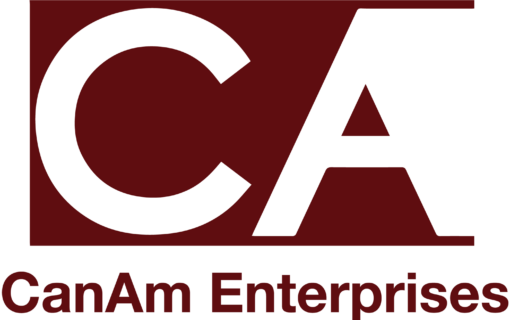Signs of recovery emerge, but the pace of recovery will vary widely by geographic market and industry.
There is no question that the coronavirus delivered a “black swan event” or unpredictable impact that pulled the U global economy into a recession. In the U.S., discussion quickly shifted from focusing on what had been a record-long economic growth cycle to the unprecedented public health and economic crisis. Recent events also are creating an unprecedented stress test on the resiliency of the American economy.
Many economists agree that the worst of the crisis is likely in the past with the peak of the recession likely occurring in April during the height of state orders to close non-essential businesses and shelter in place. The closure of businesses took an inevitable harsh toll on GDP, unemployment and business income. More details on that pain likely will emerge in public filings of corporate Q2 earnings. Yet at the same time the U.S. government acted quickly to provide stimulus money to both individuals and businesses to help stabilize the economy, which is evident in the significant rebound in the U.S. stock market.
Although there are still some formidable near-term obstacles ahead, it is important for investors to not lose sight of the bigger picture. The U.S. is home to the world’s largest economy. Its 2019 GDP topped $21.4 trillion, representing one-fourth of the global economy and well ahead of even second place China’s GDP of $14.1 trillion.
Recovery moves forward
Recovery is already underway across much of the country with phased reopening. The question still hotly debated by economists is the likely shape of that recovery. Will it be a rapid V-shaped recession and recovery; a slower, U-shaped recession and recovery; or a W-shaped, double-dip recession? Even economists looking at the same data are divided in their views. Some are taking a more optimistic “glass half full” position, while others are more pessimistic and think the glass is half empty. Part of the challenge is that there is still uncertainty on how long the virus will remain a threat, as well as what negative impacts on the economy may linger due to fears and changes to behavior.
One positive is that the U.S. government is continuing to work to provide economic stimulus and financial assistance to individuals and businesses. In addition to the $2.2 trillion stimulus package provided through the CARES Act, the Federal Reserve lowered key interest rates and has been actively buying corporate bonds and other securities to help maintain liquidity in capital markets. Democrats also have proposed the HEROES Act, which could potentially provide an additional $3 trillion in a second wave of stimulus, including more stimulus checks for individuals, aid to farmers, rent assistance and forgiveness of student loans among other features.
Impact varies widely
It also is important to emphasize that the economic downturn has been felt very differently by individuals and businesses across the country. As some have said, we are all in the same storm, but in different boats. Some sectors have continued to thrive even amid the pandemic, such as technology and software development, cybersecurity and healthcare services, while other sectors, including travel and service businesses have been especially hard it. Additionally, different geographic markets have been more negatively impacted than others. Major metros such as New York City, Los Angeles and Miami have been more negatively affected by high infection relates, or as the case with Las Vegas, reliance on tourism. On the opposite side, cities such as Sacramento, Portland, Louisville and Kansas City have been less impacted.
That same stratified affect is occurring across commercial real estate. Industrial, office and multifamily properties are among those sectors that are doing a good job of weathering the storm, while hotels, restaurants and retail malls are struggling. Yet even within property sectors the performance can be very bifurcated. For example, full service resort hotels in a tourist-dependent market such as Las Vegas or Orlando are performing very differently compared to a limited service hotel in suburban Atlanta, Minneapolis or Salt Lake City. Likewise, the coronavirus has exacerbated some of the weaknesses occurring in major malls, while those essential retailers that include the likes of Walmart, Target, Aldi and Kroeger have continued to thrive.
Past history has shown that the U.S. economy is resilient. It will recover, and in fact the economy is already showing signs of a recovery with improvement to jobs and GDP data. However, the pace of that recovery is going to look very different depending on the region and the economic drivers within cities. Inevitably, as downturns always do, the economic crisis will create both challenges and opportunities for investors. That is why it is more important than ever for investors to partner with investment advisors who have proven expertise and deep local market knowledge to help navigate in the more complex economic environment. As with any investment and financial planning strategy, it is always wise for investors to conduct careful due diligence and work with a trusted advisor.
CanAm Enterprises, with over three decades of experience promoting immigration-linked investments in the US and Canada, has a demonstrated track record of success. With over 60 financed projects and $3 billion in raised EB-5 investments, CanAm has earned a reputation for credibility and trust. To date, CanAm has repaid more than $2.26 billion in EB-5 capital from over 4,530 families. CanAm manages several USCIS-designated regional centers that stretch across multiple states. For more information, please visit www.canamenterprises.com.



